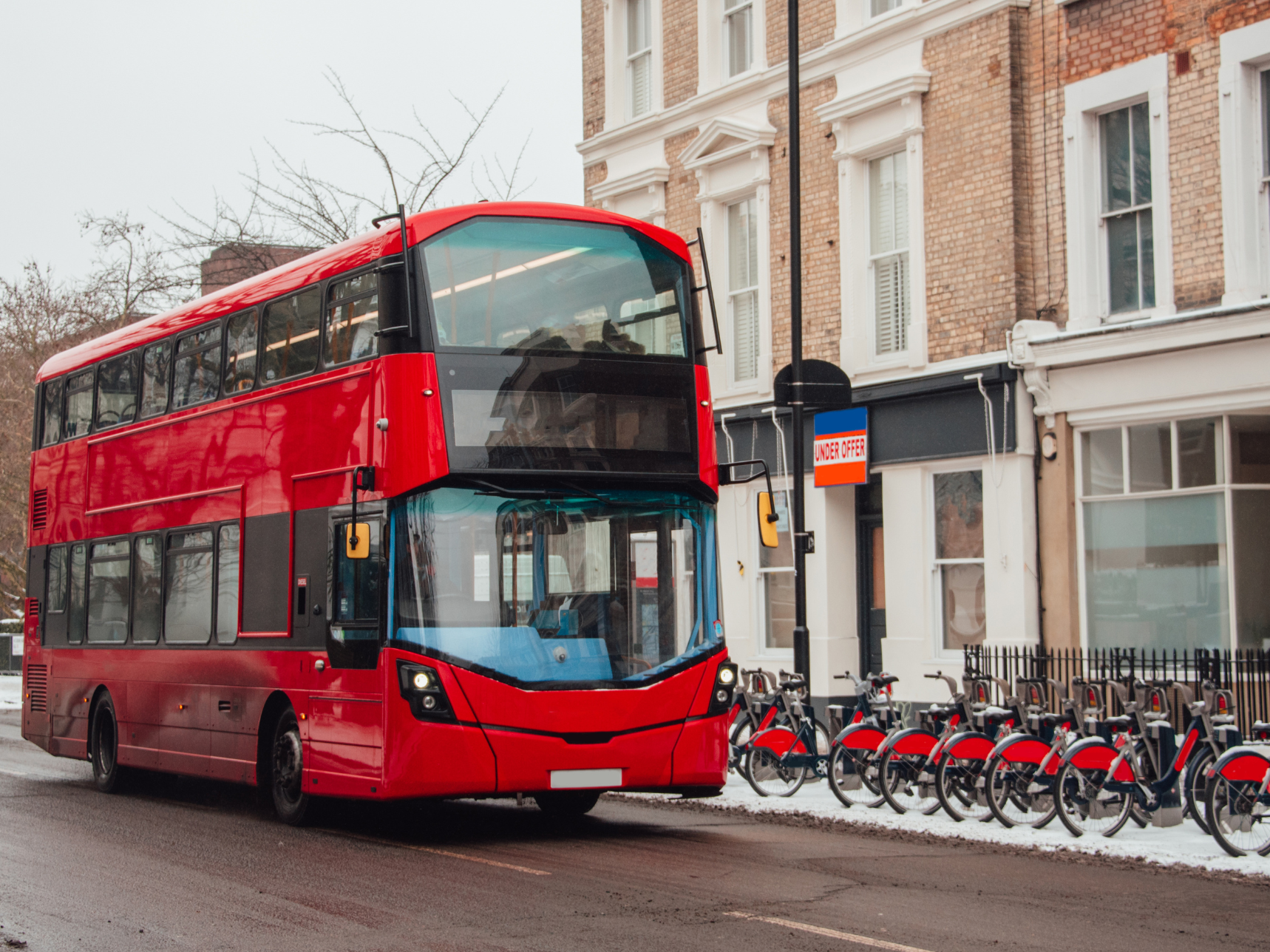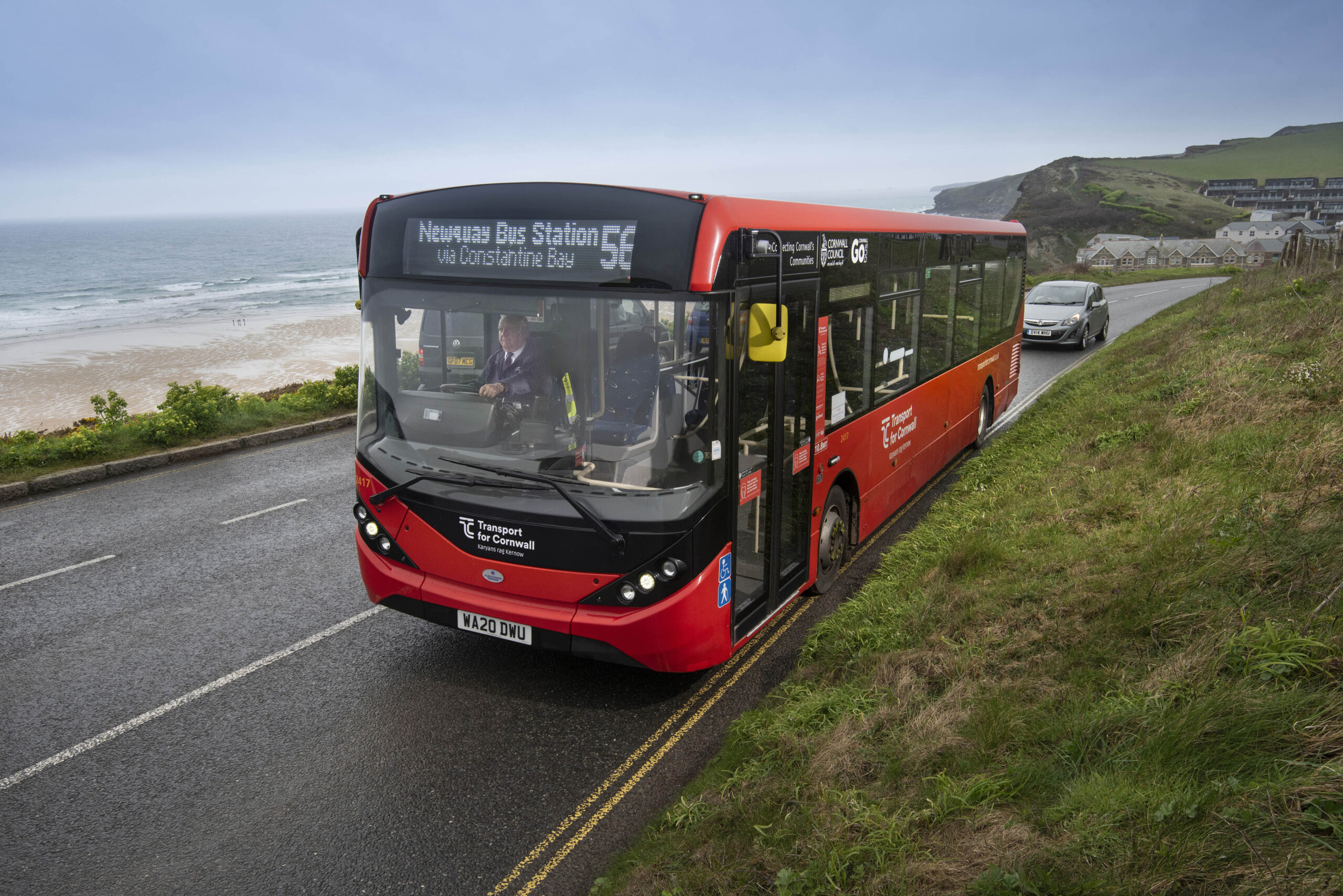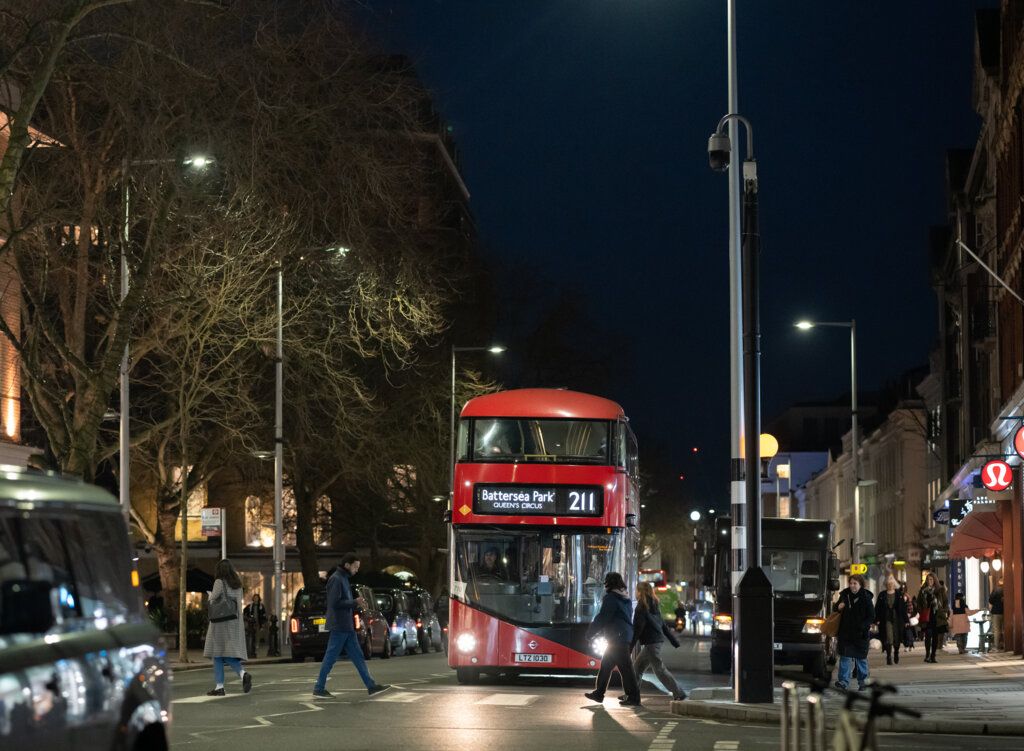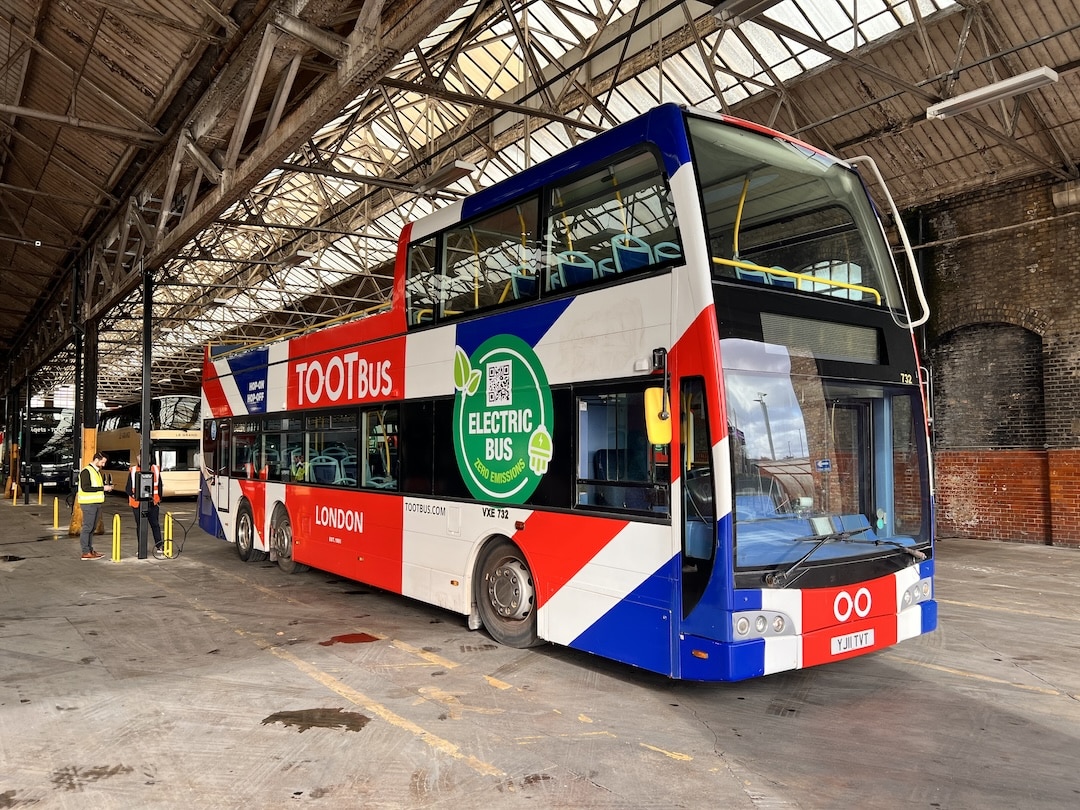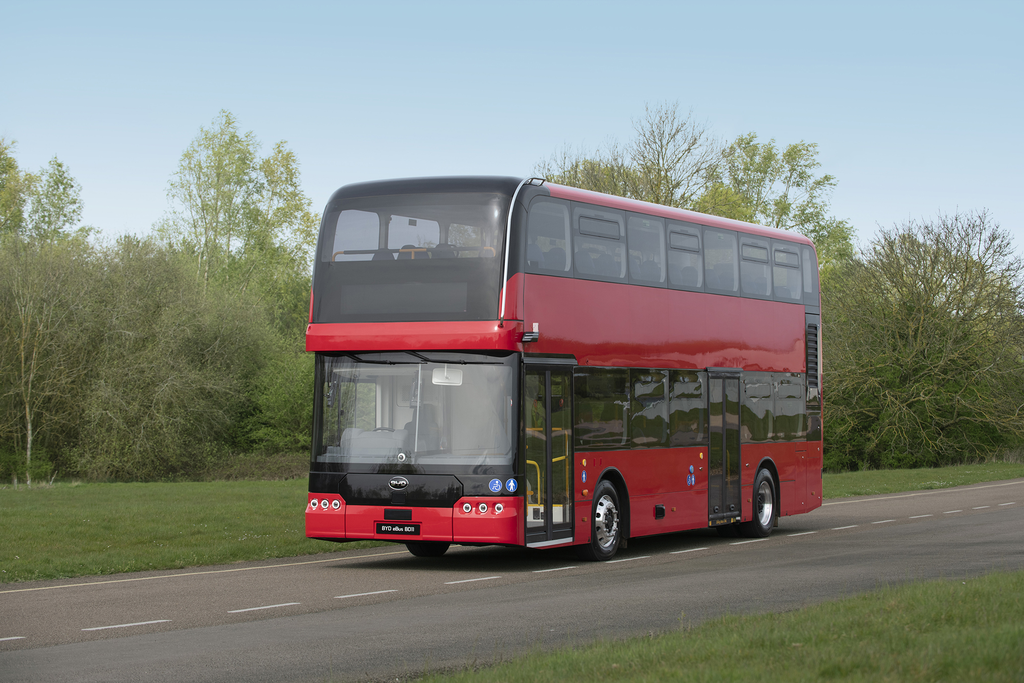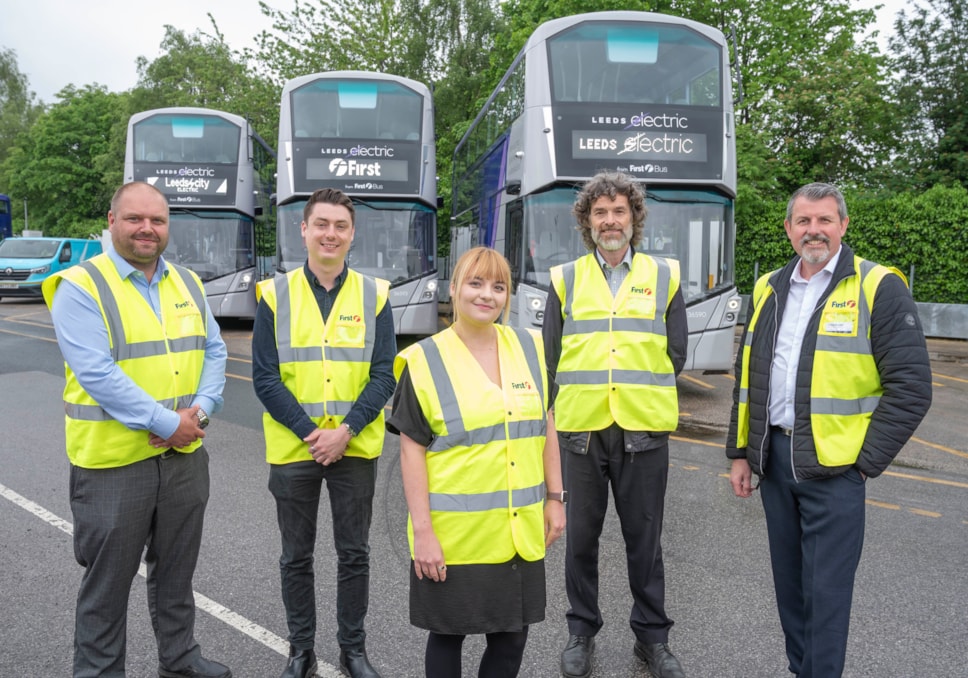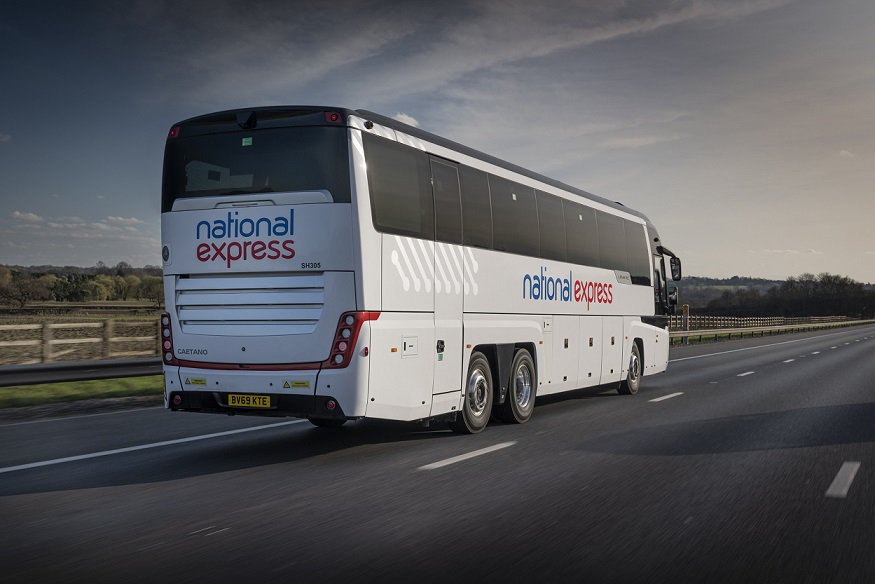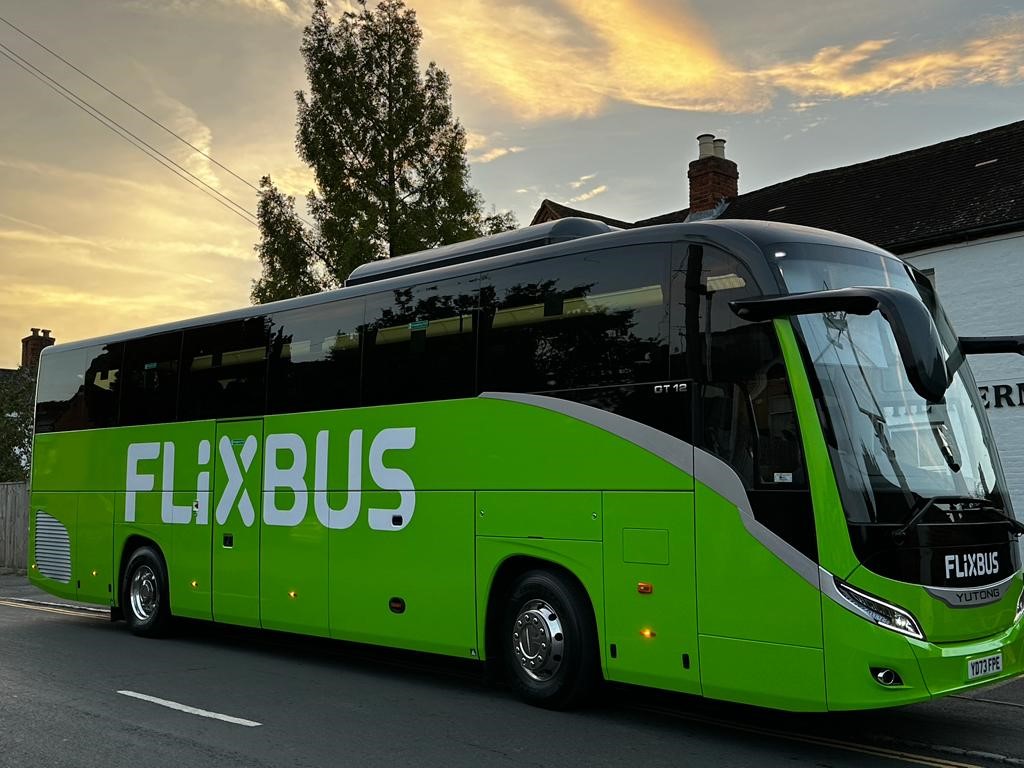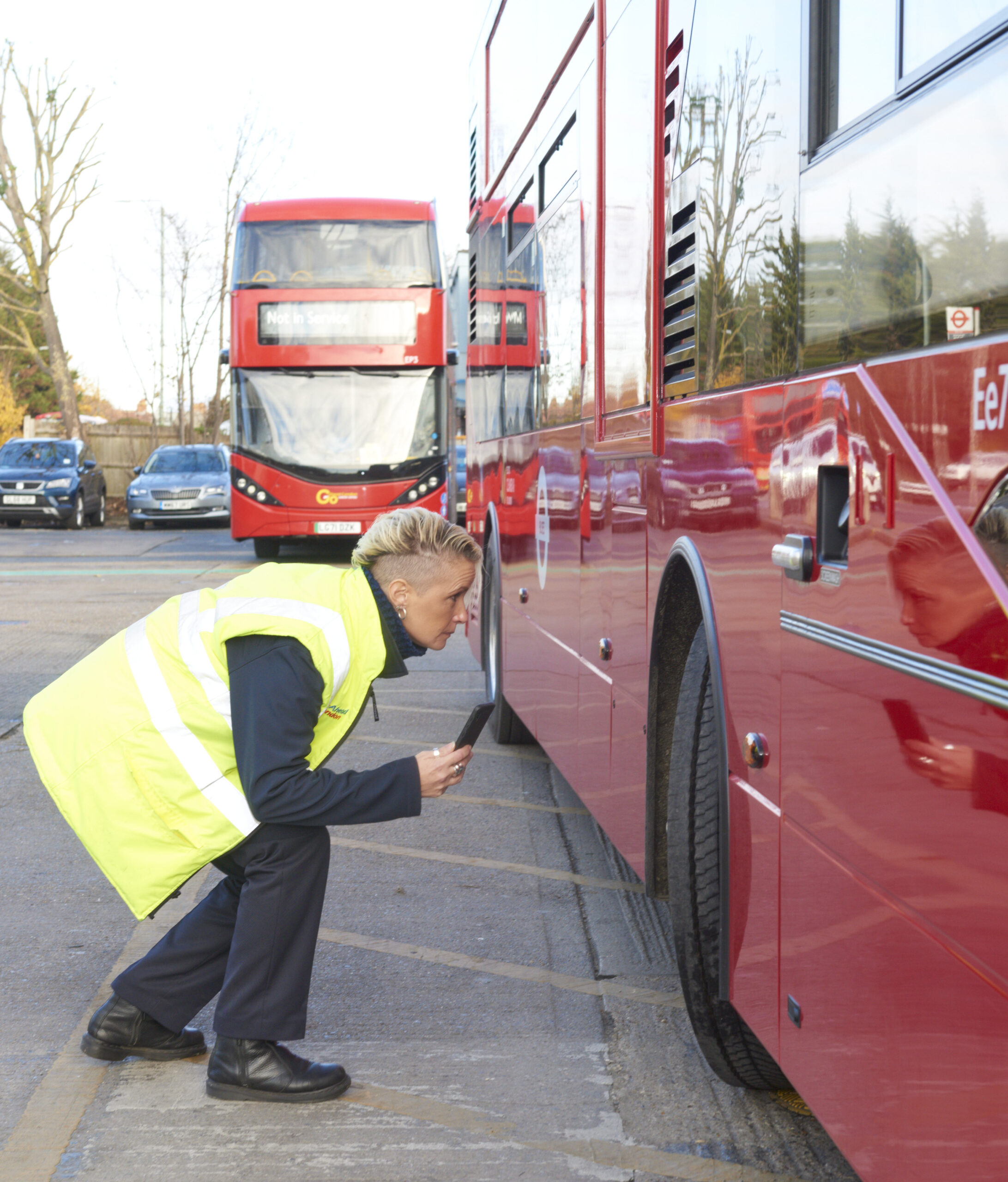During the UK’s Decarbonising Transport Week in 2024, Rosie Allen, Policy Advisor at Green Alliance, presented a costed 5-year plan for increasing ridership and decarbonising England’s bus fleet.
The event highlighted the findings from Green Alliance’s report: ‘A bus revolution: driving up prosperity across the regions,’ which has since been published.
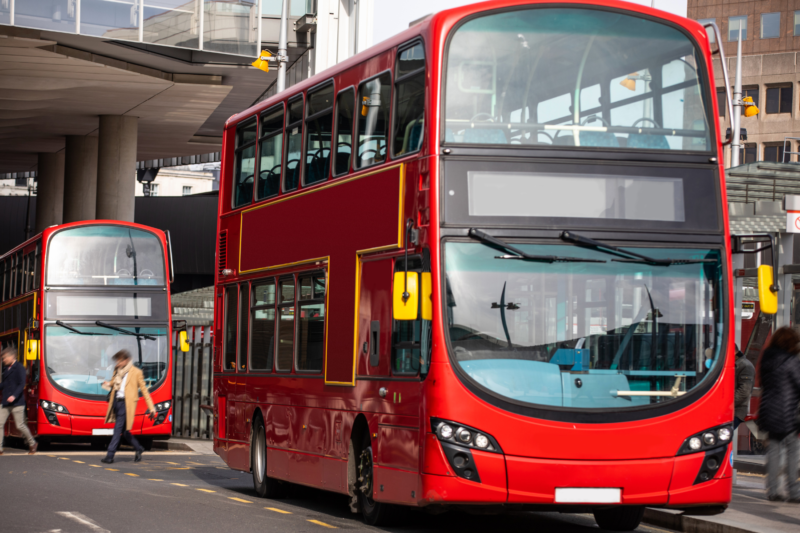
During the event’s opening, Peter Stephens, Policy and External Affairs Director at Stagecoach underlined that buses remain the most used form of transport across the country, with over three billion journeys being made by bus in the UK in 2022. As a result, buses are the backbone of mobility for many communities, connecting people to jobs, education, healthcare and businesses.
However, for the UK to meet its target for net-zero emissions, bus ridership arguably needs to grow further. Indeed, a modal shift where people take fewer journeys by car remains crucial for reducing emissions.
Rosie Allen, Policy Advisor at Green Alliance therefore asserted that viable green alternatives must be delivered to encourage people to travel by public transport.
In response to this need, Green Alliance’s new report considers how buses can be leveraged to form a sustainable alternative for travel that is desirable, reliable and affordable.
Over the last year, bus services and routes have been reduced drastically, with nearly one in five bus routes cut in 2022 alone. Meanwhile, the number of bus miles travelled has reduced by nearly a quarter since 2010.
To reverse this decline, Green Alliance has set out a series of policy recommendations within its 5-year parliamentary plan for transforming the nation’s bus services.
Year 1
In Year 1, the plan recommends setting a 1 GBP fare cap for five years, building on the success and simplicity of the current 2 GBP fare cap. However, in contrast, this initiative aims to avoid the piecemeal extensions of the current scheme to provide operators with the confidence to invest in the future thanks to consistent revenue expectations.
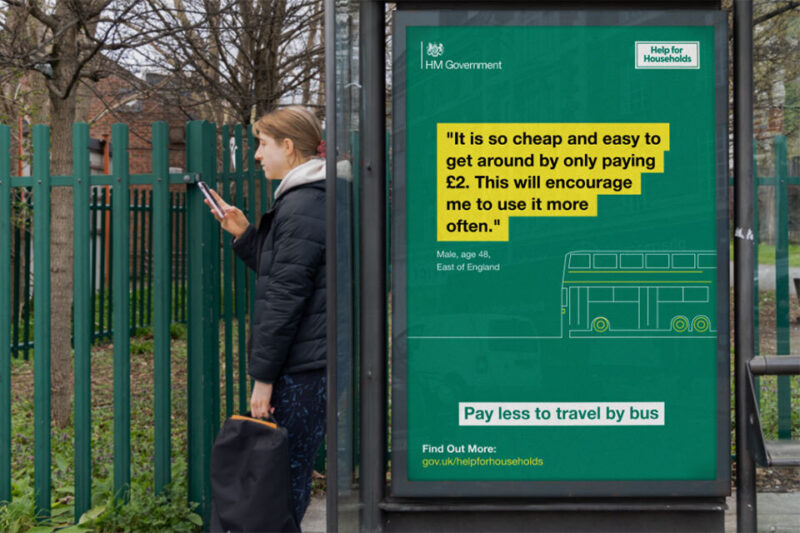
In addition, it recommends legislating bus governance so that all local transport authorities across England can franchise their bus services, rather than exclusively mayoral combined authorities.
It also recommends streamlining the franchising process and lifting the current ban on creating new municipal bus operators.
Finally, Green Alliance is calling for budgets for local authorities to spend on buses to be set for five years. This will remove the unpredictability regarding what funding will be available when to facilitate ambitious local leadership.
Year 2
In year 2 of the plan, Green Alliance considers how such improvements will be funded and suggests reviewing and reprioritising current road spending. This would involve an independent panel that would review all current and future road-building projects to align with net-zero targets, rather than projects taking us further away from sustainable transportation.
To further support the journey to net zero, year 2 also prioritises decarbonising the existing fleet of buses. This could be done through a scheme that continues the work of the Zero Emission Bus Regional Area (ZEBRA) scheme, which is set to end in 2025.
With this financial support, a phase-out date for new non-zero emission buses should be set. Meanwhile, Green Alliance proposes that a mandate should be introduced for 40% of metropolitan bus fleets to be decarbonised by 2030.
Green Alliance also recommends announcing an independent and equitable road pricing scheme to help fill the revenue gap caused by the shift to electric cars and to help facilitate a more sustainable transportation future.
Years 3 and 4
Year 3 will look at implementing the road pricing scheme within an expected timeframe of two years, following a nine-month period to come up with an equitable model.
By year 4, another tranche of zero-emission bus funding should be awarded to continue decarbonising the nation’s bus fleets.
Year 5
By the end of the plan, early targets should be achieved, such as 40% of metropolitan bus fleets having been decarbonised. Bus priority measures should also have been delivered through the funding settlement awarded to local authorities at the beginning of the plan.
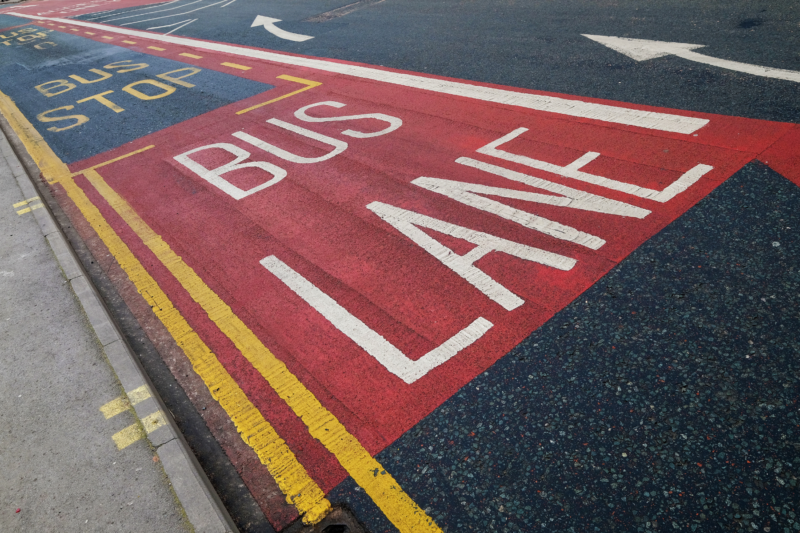
Building on these successes, stable standards for buses moving forward should be considered. Green Alliance proposes announcing a minimum service standard, based on the Swiss model. This would determine a statutory minimum level of bus service based on the population size and local amenities of each area.
Response
In response to this plan, Silviya Barrett, director of policy and research at Campaign for Better Transport reinforced the need to improve bus services in the UK to meet net-zero targets, improve air quality, reduce congestion and help bring people out of transport poverty.
Barrett also noted that in a recent poll, three-quarters of drivers stated that they would like more options for getting around, rather than relying on driving. This response thus demonstrates a market demand for better bus services.
As a result, Barrett expressed explicit support for Green Alliance’s proposed policies such as the 1 GBP fare cap and reliable funding for local authorities. She also stressed the need for long-term funding allocations to be fair, as currently, funding is remarkably uneven. Indeed, in places such as Rutland and Blackpool, authorities receive over 1,000 GBP per head for transport, while in places such as Dorset and Suffolk, under 5 GBP per head is granted.
In addition, Marcus Johns, senior research fellow at IPPR North provided further support for Green Alliance’s plan, arguing that better policy for buses would help drive up prosperity throughout the UK’s regions.
Johns said:It is things like greener buses and thriving bus networks that connect people to economic opportunity and build wealth, helping to close regional gaps. What Green Alliance's research does really well is set out the case for better buses, and I welcome both the research and the recommendations. Better local control and sustainable funding are the most important structural changes to improve England's buses.
In light of these considerations, a solid plan for improving bus services should arguably be a key consideration for the UK’s next government over its 5-year parliamentary term.
For more details on Green Alliance’s proposals, ‘A bus revolution: driving up prosperity across the regions,’ can be downloaded here.











